Your digestive system breaks down the meals you eat into the nutrients your body needs. If you neglect your gut health, your body may have difficulty absorbing those vital nutrients.
What you eat and how you live directly impact your gut health. Improving your digestive health may enhance your overall health and well-being by allowing your digestive system to function more efficiently.
Don't know where to begin? To keep things going smoothly, try adding these strategies into your routine:

1. Establish a regular eating schedule
Doing activities in a set schedule is a habit that is instilled in children from their first days of school. Maintaining a consistent schedule allows us to complete our tasks on time and be more organized as individuals. Similarly, if you choose to eat wisely and on time, this may help establish a regular eating pattern, which may help support digestion.

2. Ensure a fiber-rich diet.
Dietary fiber may help support weight maintenance by increasing the sensation of fullness. Adequate fiber consumption may also be something to consider when experiencing constipation. Before relying on fiber supplements, try increasing your daily fiber intake by consuming unprocessed, fiber-rich foods. The recommended daily consumption ranges from 20 to 35 grams.
Familiar fiber-rich dietary sources include vegetables, Whole Grains, Nuts, Seeds, and legumes.

3. Stay hydrated and limit your sugar & caffeine intake
Too much coffee or other caffeinated beverages might disrupt your digestive system's function and cause difficulties. Therefore, drinking plenty of water promotes the smooth operation of your digestive system.
Artificial sweeteners may raise blood sugar levels significantly higher than ordinary sugar. It may also harm digestive health by affecting microbiomes. Instead of buying ready-made soft drinks, why not try sipping homemade lemon juice. You may also prepare milkshakes with different fruits to suit your taste, boosting your diet's nutritional value.

4. Keep your body active
Exercise boosts blood flow and metabolism, which may help assist digestion. Activities such as yoga, weight lifting, or simply a simple stroll will help you keep active and support good digestive health.
However, it is essential to remember that exercising on a full stomach may cause you more harm than good. After a large lunch, wait at least 2 hours before exercising. You may also consider working with a professional trainer or attending fitness classes to verify you are following the proper procedures.

5. Avoid stress
Notable research has suggested a strong link between the stomach and the brain. The gut, like the brain, is densely packed with nerves. It has the most nerves outside of the brain, with the digestive system and the brain sharing numerous nerve connections.
Stress may take a physical toll on your digestive system, whether it's a single nerve-racking event or continuous anxiety and strain over time. When you are worried, you may not feel hungry, or alternately you may start to comfort eat. This may cause issues with digestion as your eating routine shifts.

6. Why not try probiotics — as well as prebiotics — in your diet?
Probiotics are good bacteria and yeasts naturally found in your intestines. They help maintain the body's health by battling the effects of a bad diet or antibiotics. Probiotics may also aid with nutrient absorption, lactose digestion, and the immune system. Probiotics can be found in low-fat yogurt, kefir, and kimchi.
Prebiotics, in addition to probiotics, may help with digestion. According to the Academy of Nutrition and Dietetics, prebiotics works as food for probiotics, assisting them in supporting healthy bacteria in the gut. Bananas, oats, onions, and lentils are examples of fresh fruits, vegetables, and whole grains that contain prebiotics.

Nature's Branch 60 Billion Probiotic contains a maximum of 60 billion CFU live cultures in each one a day capsule. Carefully formulated for men and women and designed to help support digestion, each capsule comes with essential prebiotic fiber and 10 researched strains to help with maximizing absorption in the stomach.
So what are you waiting for? Get your bottle and support your digestion today!
References:
- Anxiety & Depression Association of America. (2018, July 19). How to Calm an Anxious Stomach: The Brain-Gut Connection. https://adaa.org/learn-from-us/from-the-experts/blog-posts/consumer/how-calm-anxious-stomach-brain-gut-connection
-
Harvard Health. (n.d.). Digestive Health.https://www.health.harvard.edu/topics/digestive-health
- 9 Steps to Better Digestion as You Age - Digestive Health Center - Everyday Health. (2022, January 25). EverydayHealth.Com. https://www.everydayhealth.com/digestive-health-pictures/9-steps-to-better-digestion-as-you-age.aspx


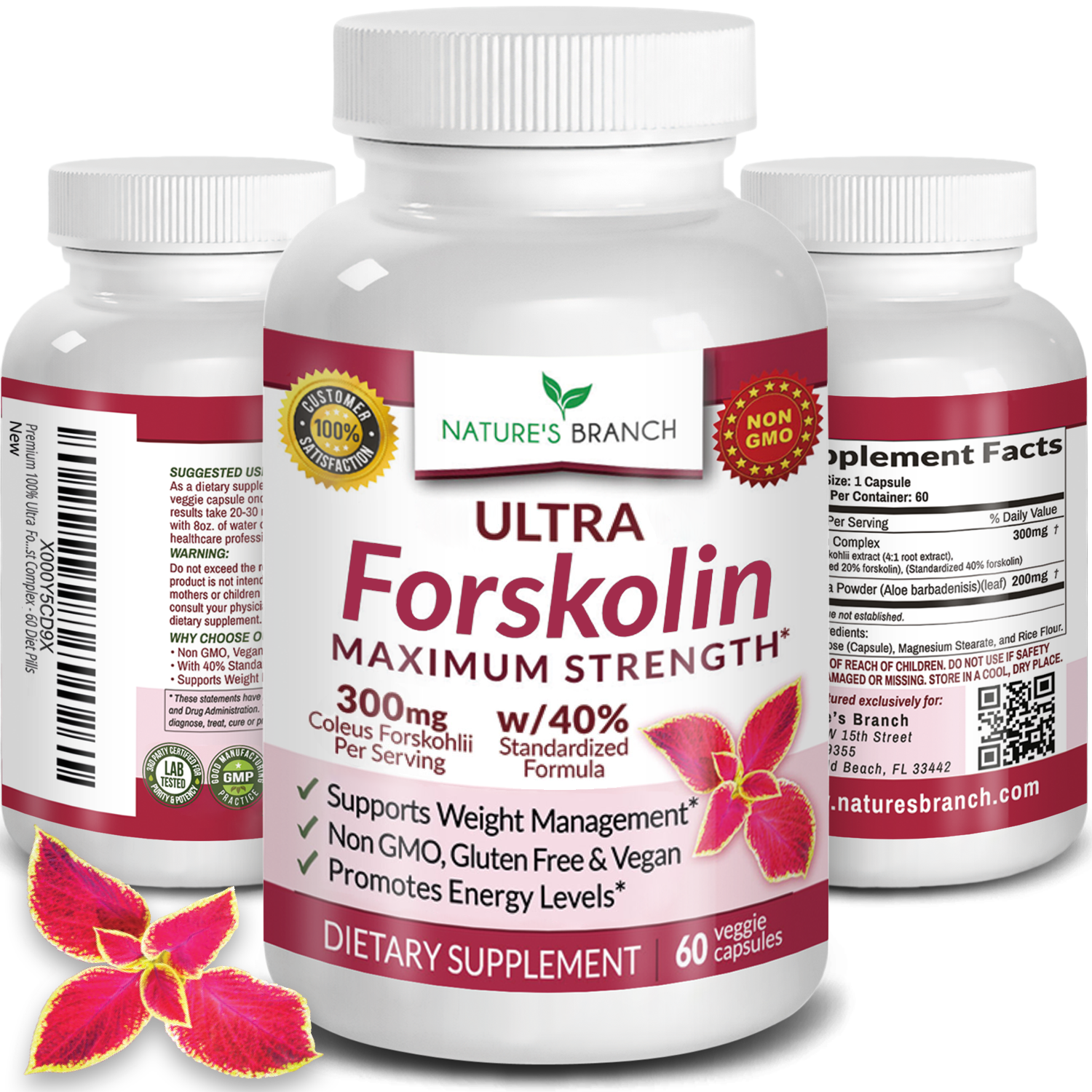
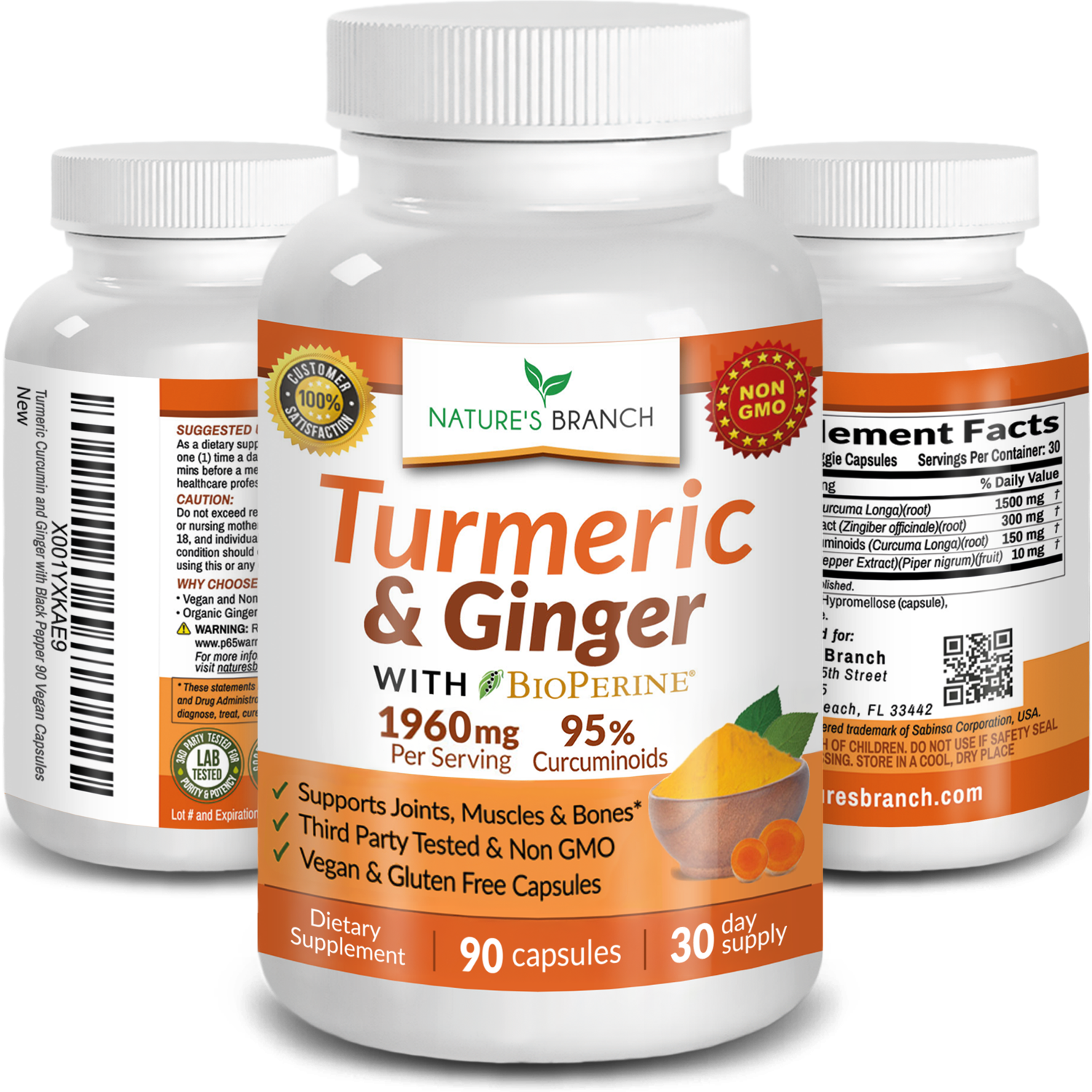
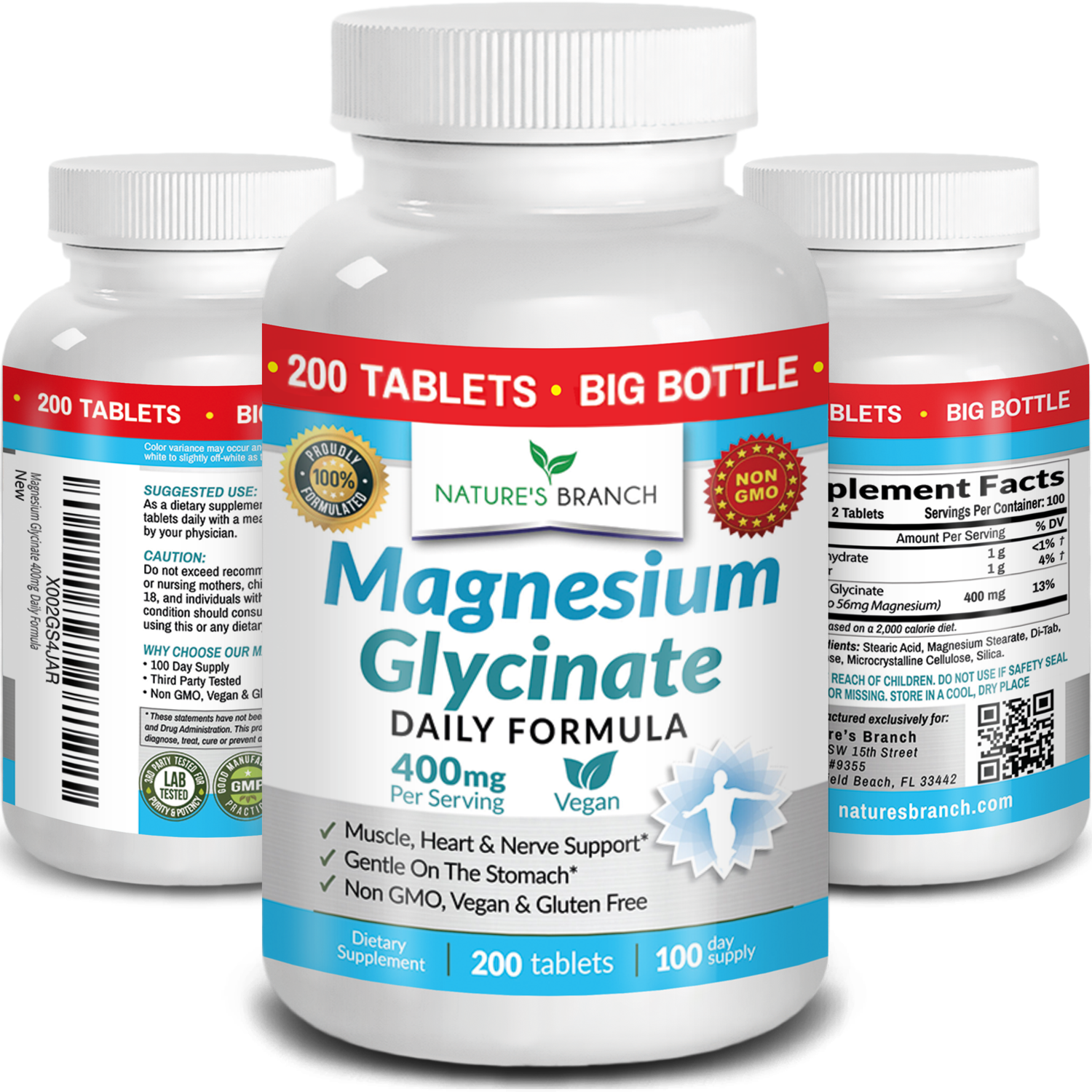
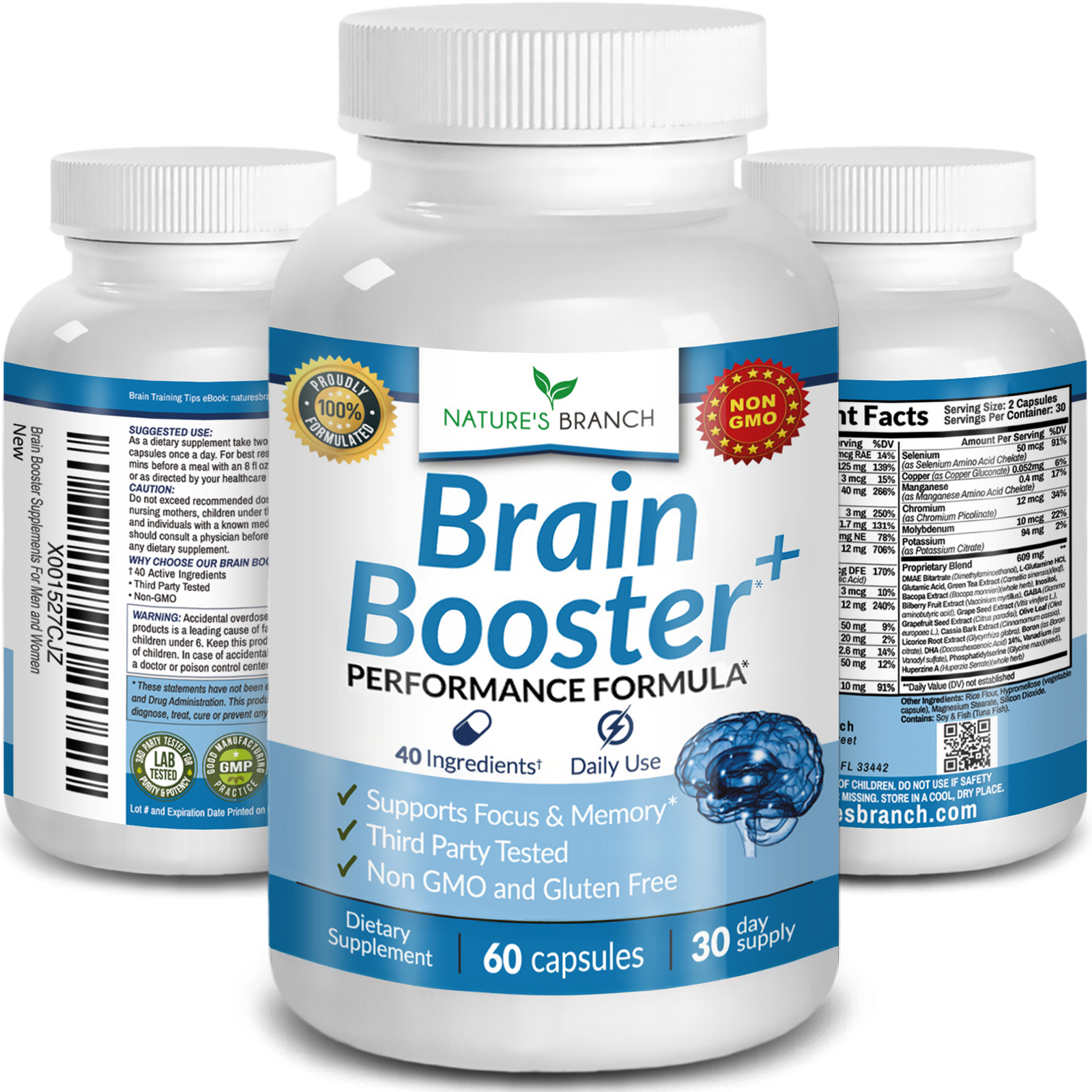



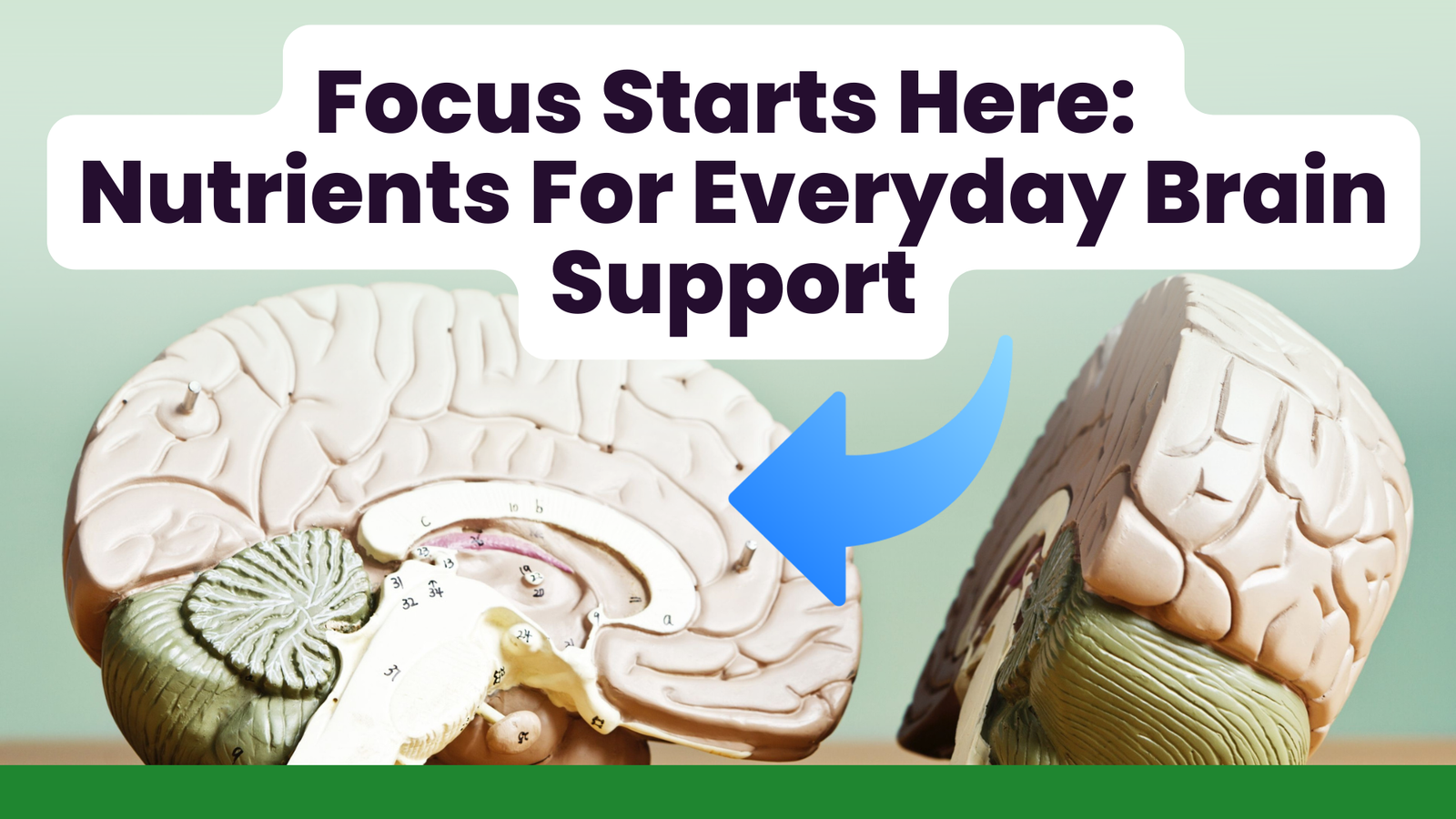
Leave a comment (all fields required)